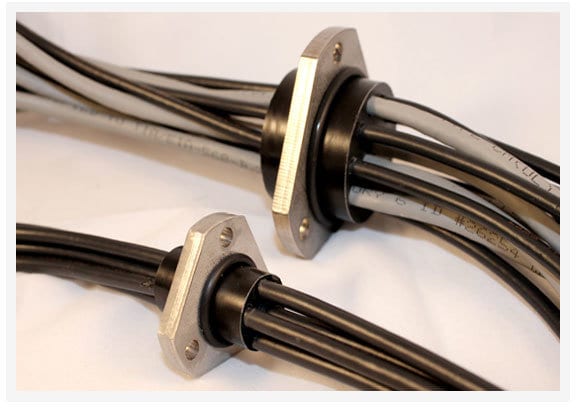Japanese stocks tumble on lockdown fears
Japanese shares have plummeted on the first day of the new fiscal year as investors braced for a lockdown of Tokyo, a global recession, and sharp cuts in corporate earnings and dividend payouts due to the coronavirus pandemic.
The benchmark Nikkei average fell 4.5 per cent to a one-week closing low of 18,065.41. However, overall trading was subdued, with the volume of shares traded on the main board valued at 2.72 trillion yen, its lowest level in a month.
Traders said some short-term players sold stock futures in the afternoon, while many other investors were reluctant to buy as they opted to see if and when Japan would declare a national emergency and implement lockdown measures in Tokyo.
New virus infections in the capital rose to a daily record of 78 on Tuesday, and of a total of more than 500, amid calls for Prime Minister Shinzo Abe to declare a state of emergency that would allow authorities to trigger a lockdown involving restrictions on movement.
“If the Greater Tokyo area goes into a lockdown for a month in April, it would cause considerable deterioration in corporate earnings,” said Ryota Sakagami, chief equity strategist at J.P.Morgan Securities Japan.
“It would also send a message to overseas investors that Japan is facing a worsening situation with coronavirus, which could drag Japanese stocks down further.”
The Bank of Japan’s “tankan” corporate survey showed on Wednesday that Japanese manufacturers turned pessimistic for the first time in seven years.
“Although the data was better than expected, it reflected the impact of coronavirus on the economy,” said Yoshihiro Ito, senior strategist at Okasan Online Securities.
“We are likely to see a torrent of earnings downgrades and dividend cuts ahead of earnings announcements.”
The broader Topix lost 3.7 per cent to 1,351.08, its lowest closing in a week, with all of the 33 sector sub-indexes on the Tokyo Stock Exchange finishing in negative territory.
Airlines was the worst performing sector, down 6.7 per cent, with ANA Holdings diving 8.3 per cent.
Defensive shares that performed relatively well in recent weeks were among the worst performers, as investors took profits at the start of the new financial year.
Chemical and cosmetics firm Kao Corp dropped 6.3 per cent, while mobile carrier NTT DoCoMo shed 6.6 per cent.
East Japan Railway lost 5.3 per cent on mounting speculation that the Japanese government may impose tougher restrictions such as a lockdown in Tokyo to deal with rising coronavirus infections in the capital.
Bucking the overall trend, web/TV conferencing services provider V-cube Inc surged 20.9 per cent and e-learning company iStudy Co Ltd soared 28.9 per cent to its daily-limit high.
Elsewhere, the TSE REIT index fell 6.1 per cent.








